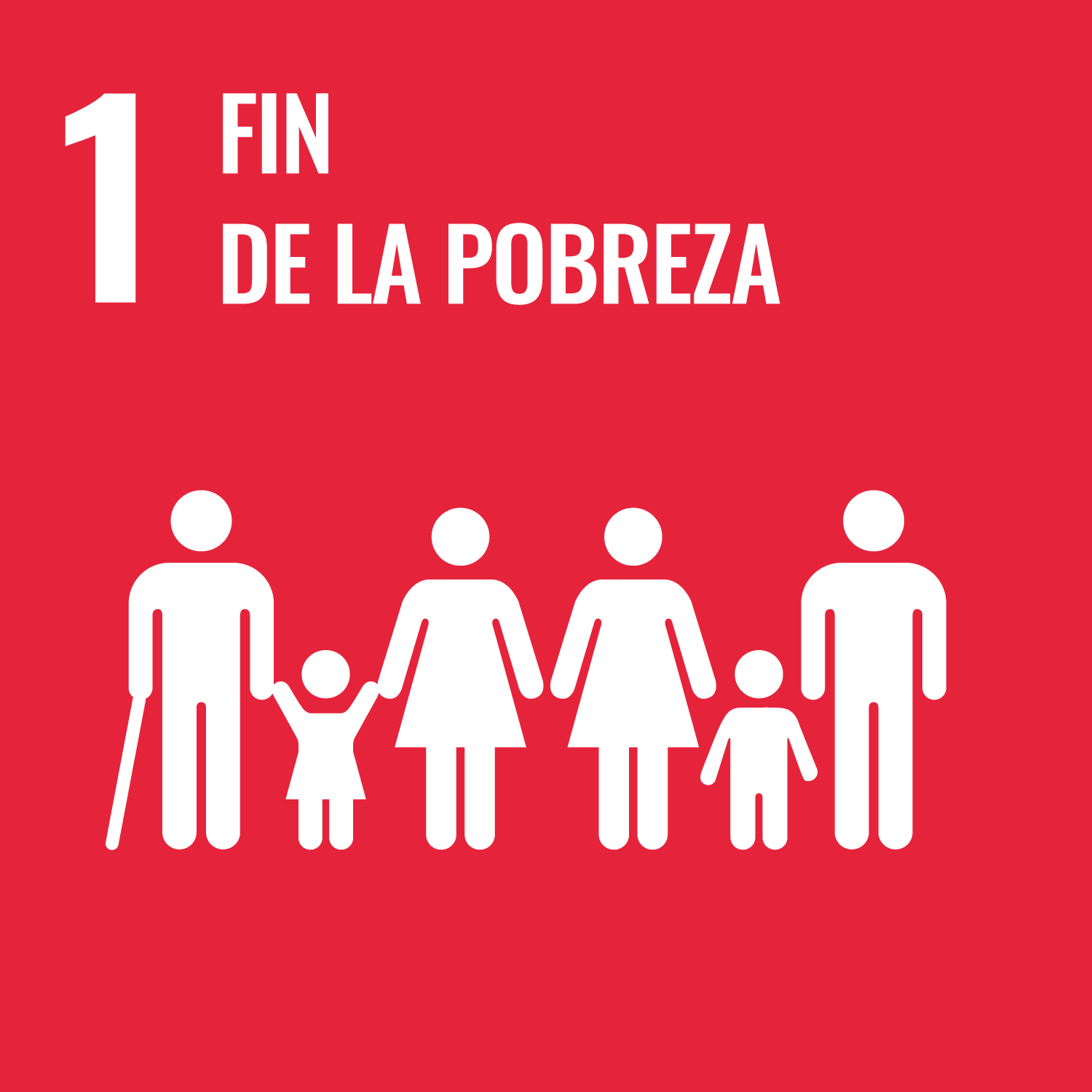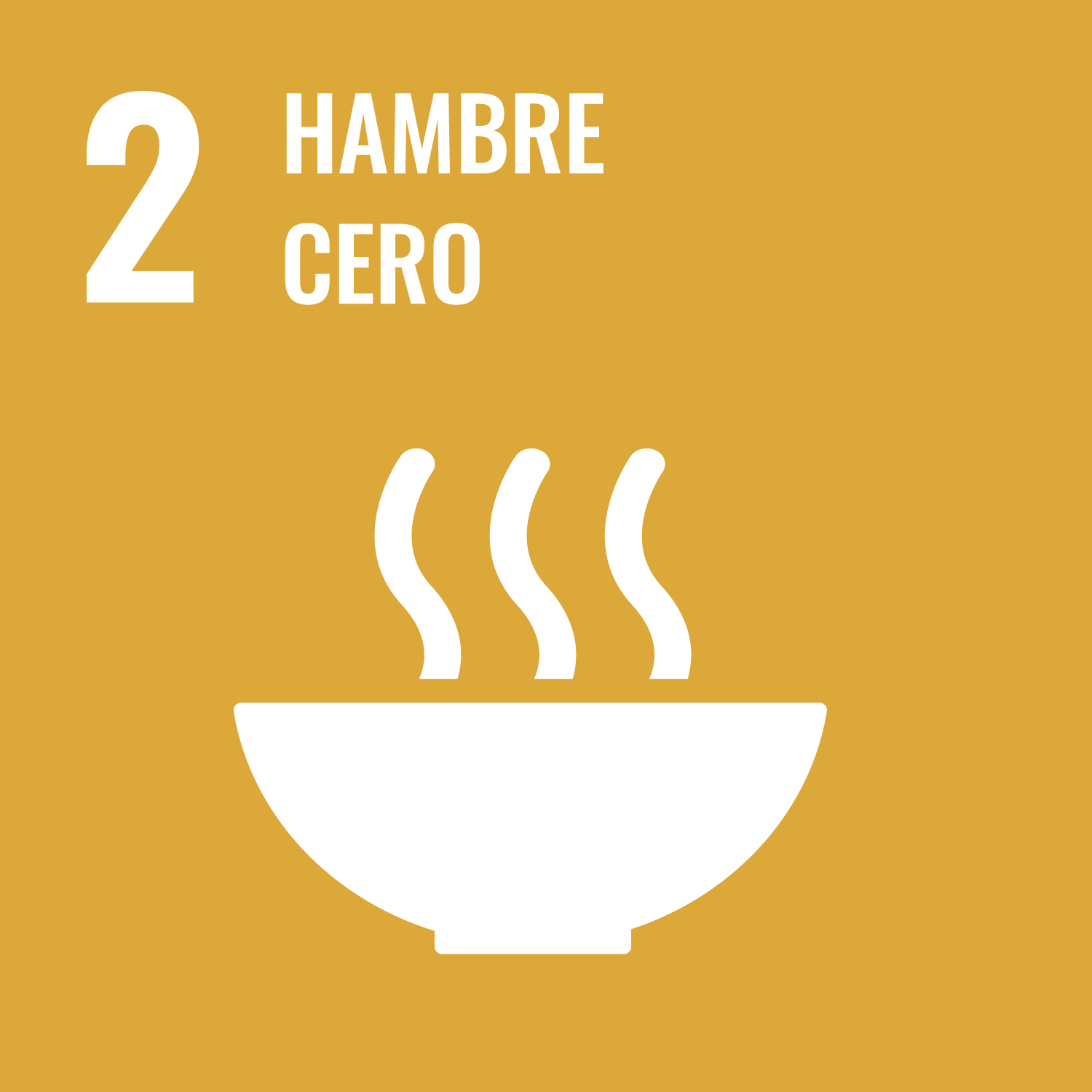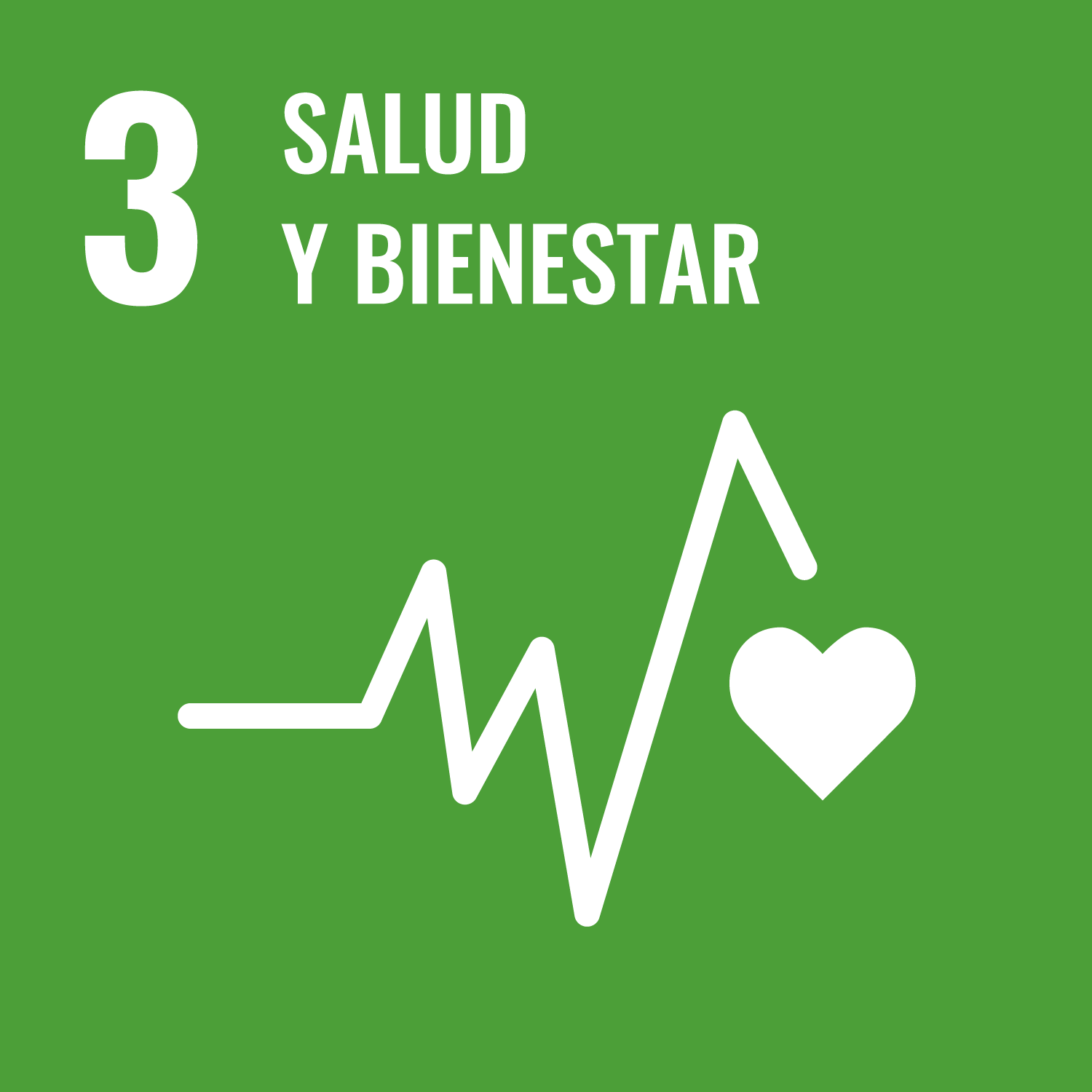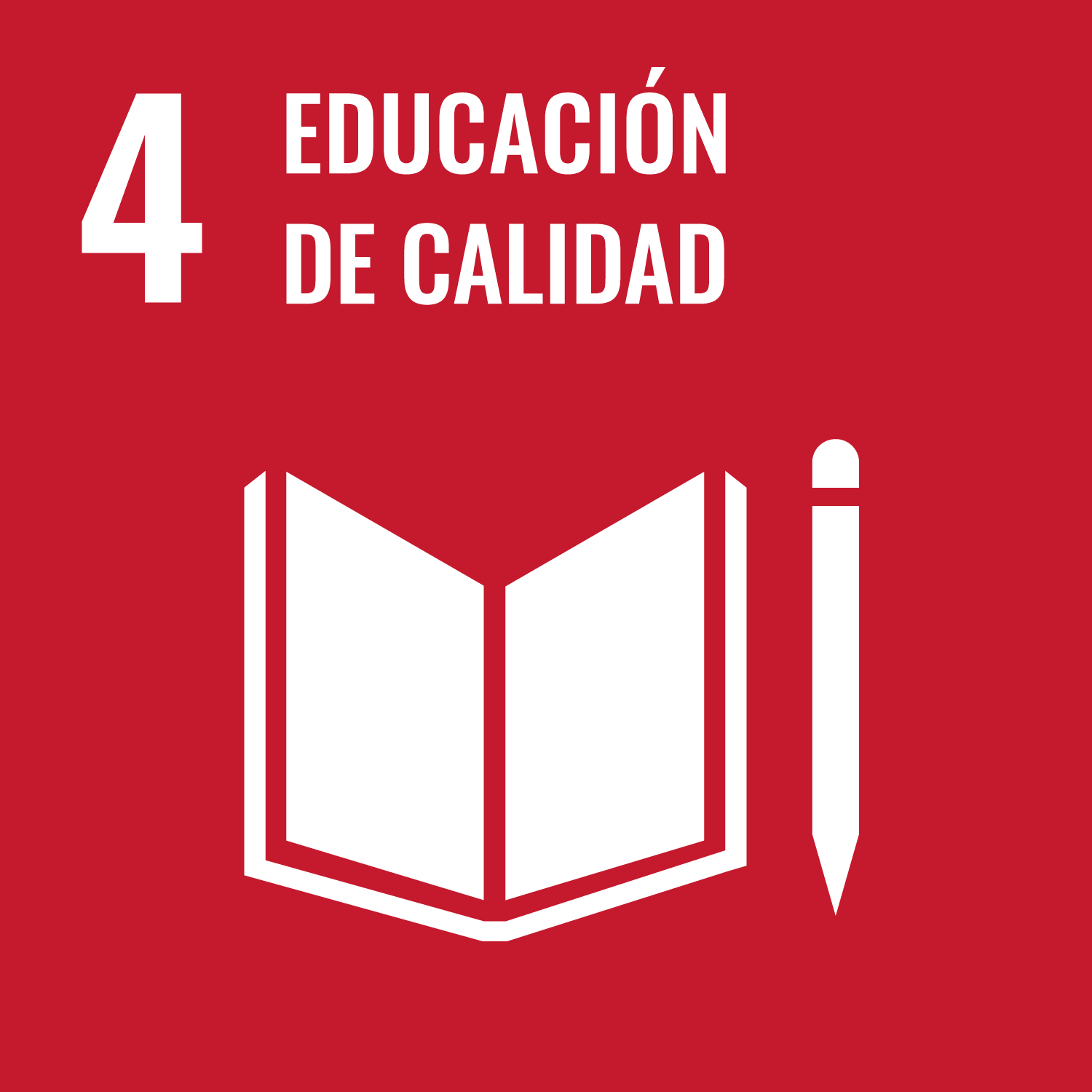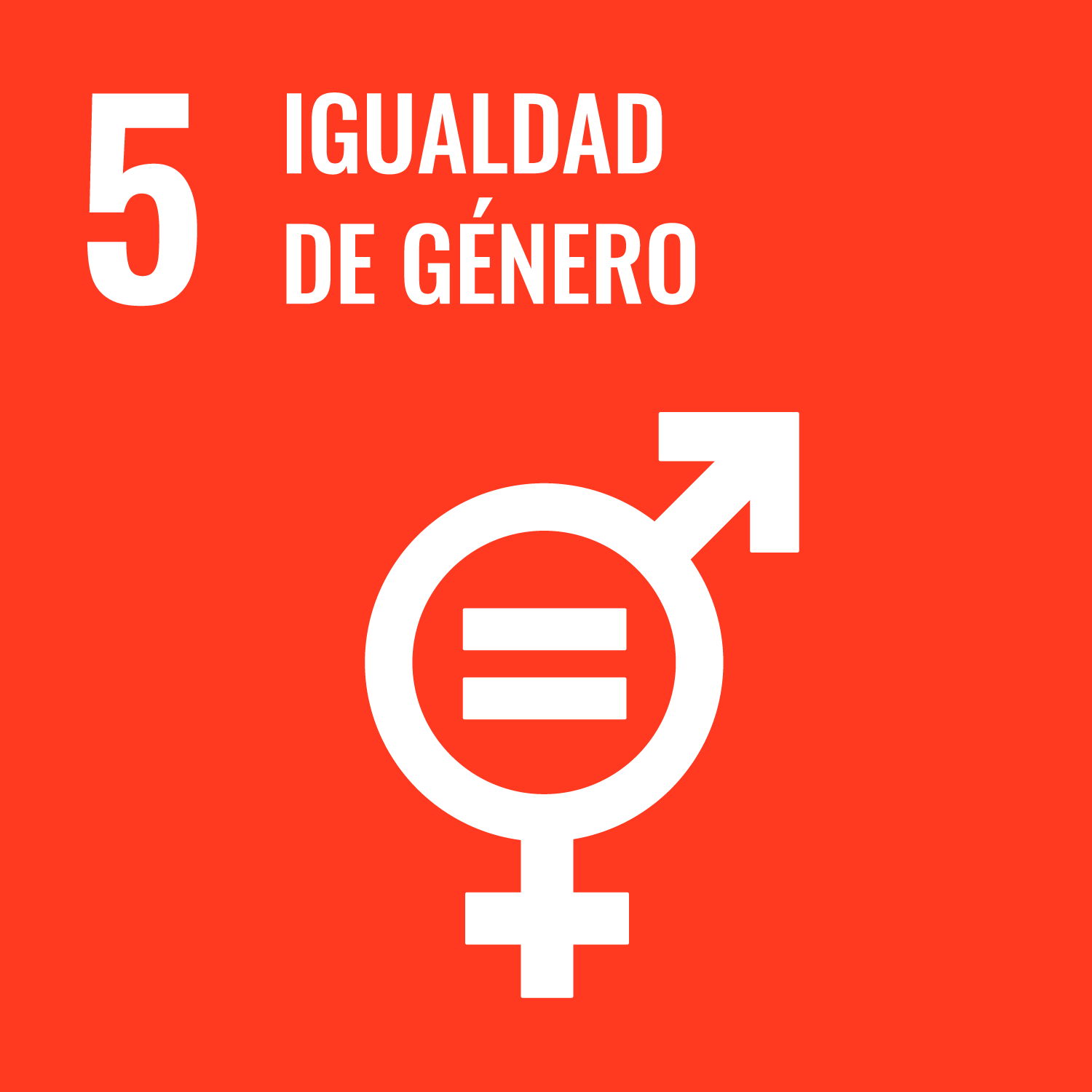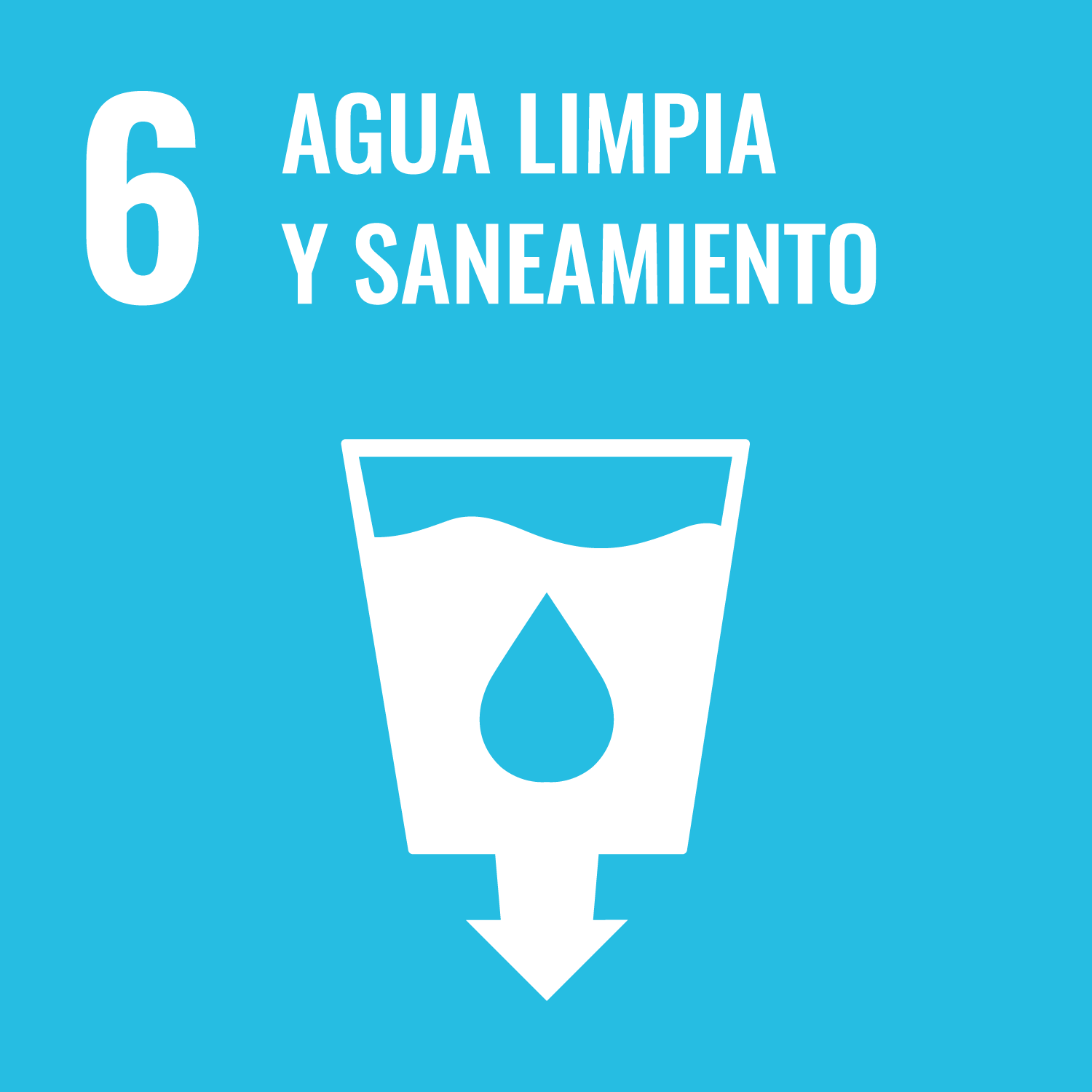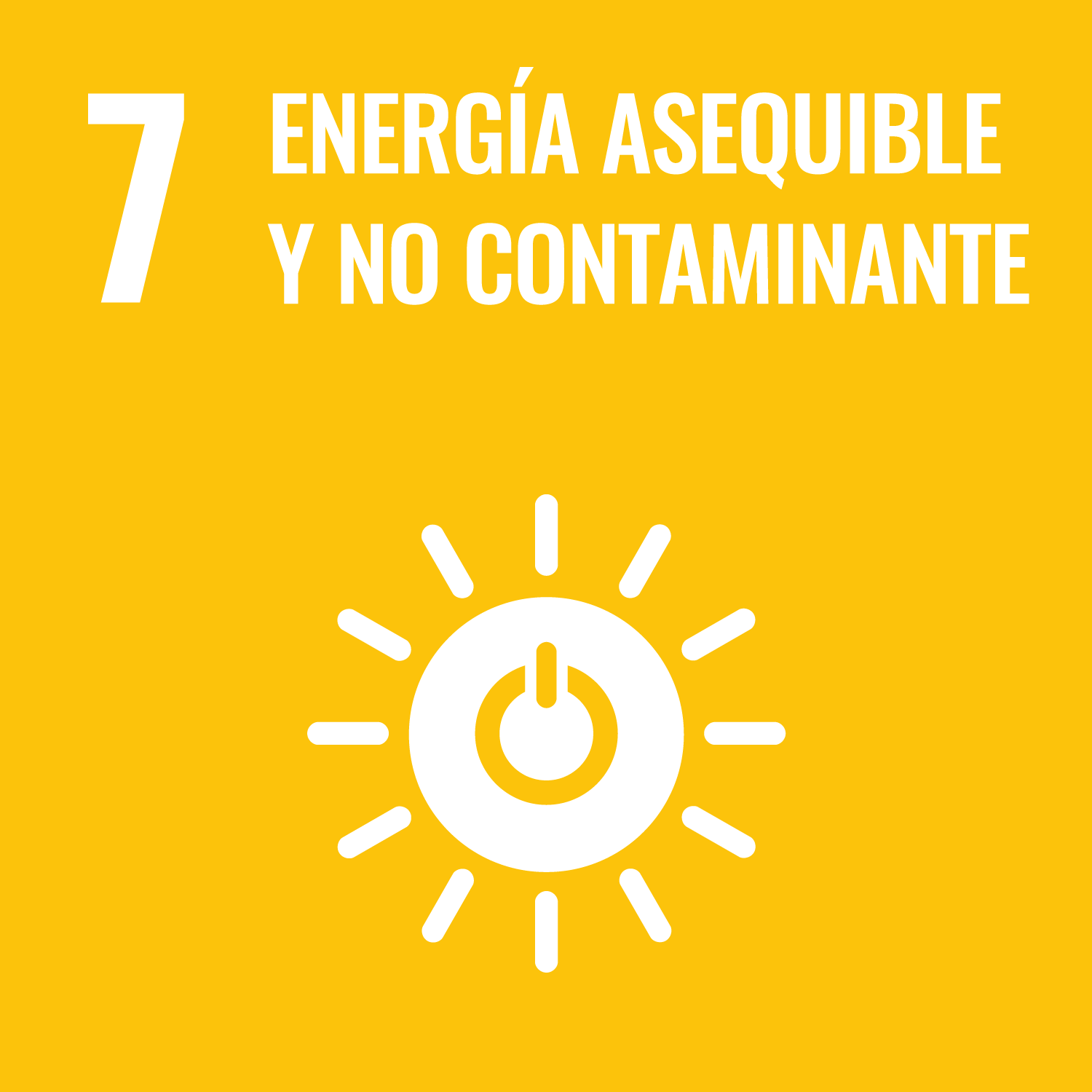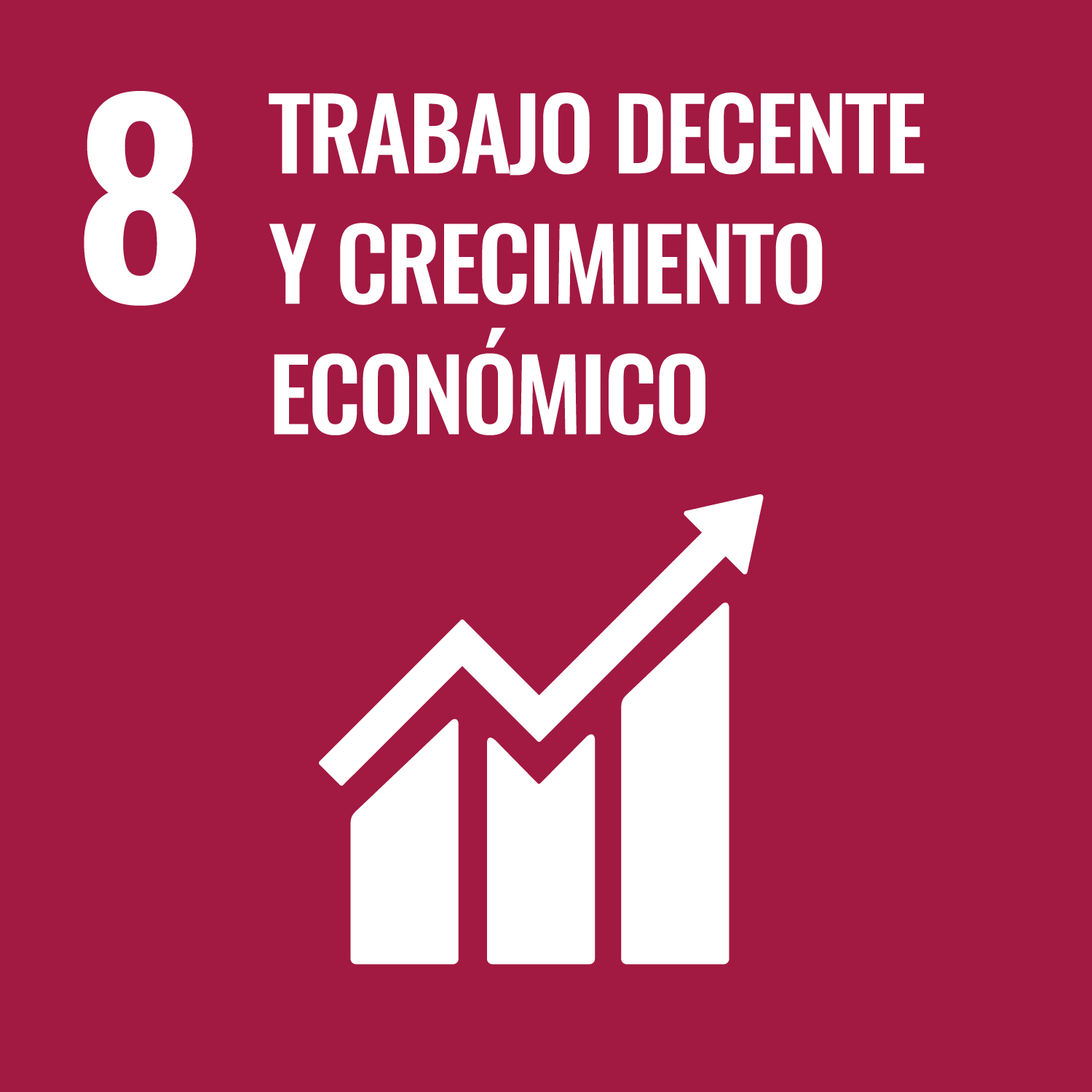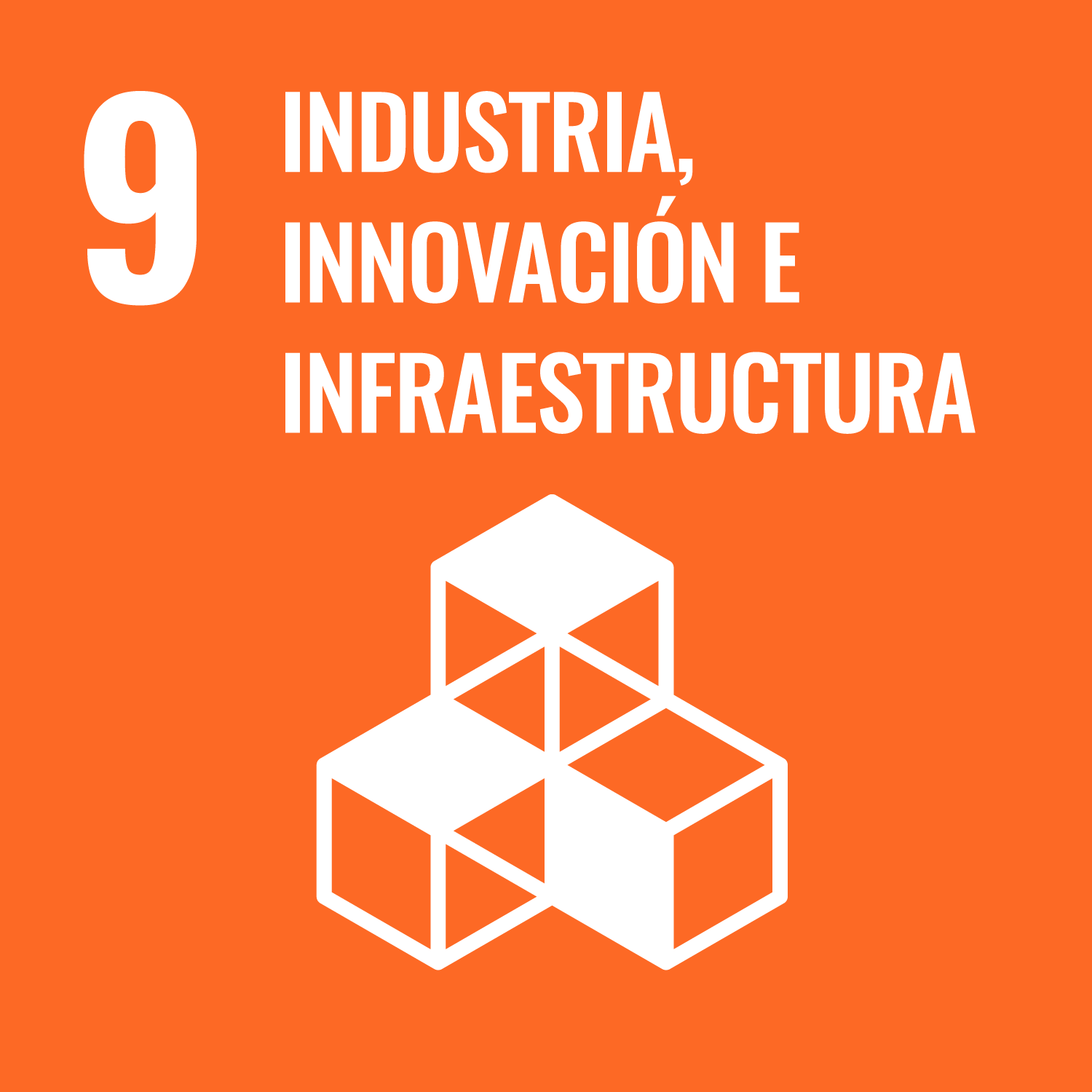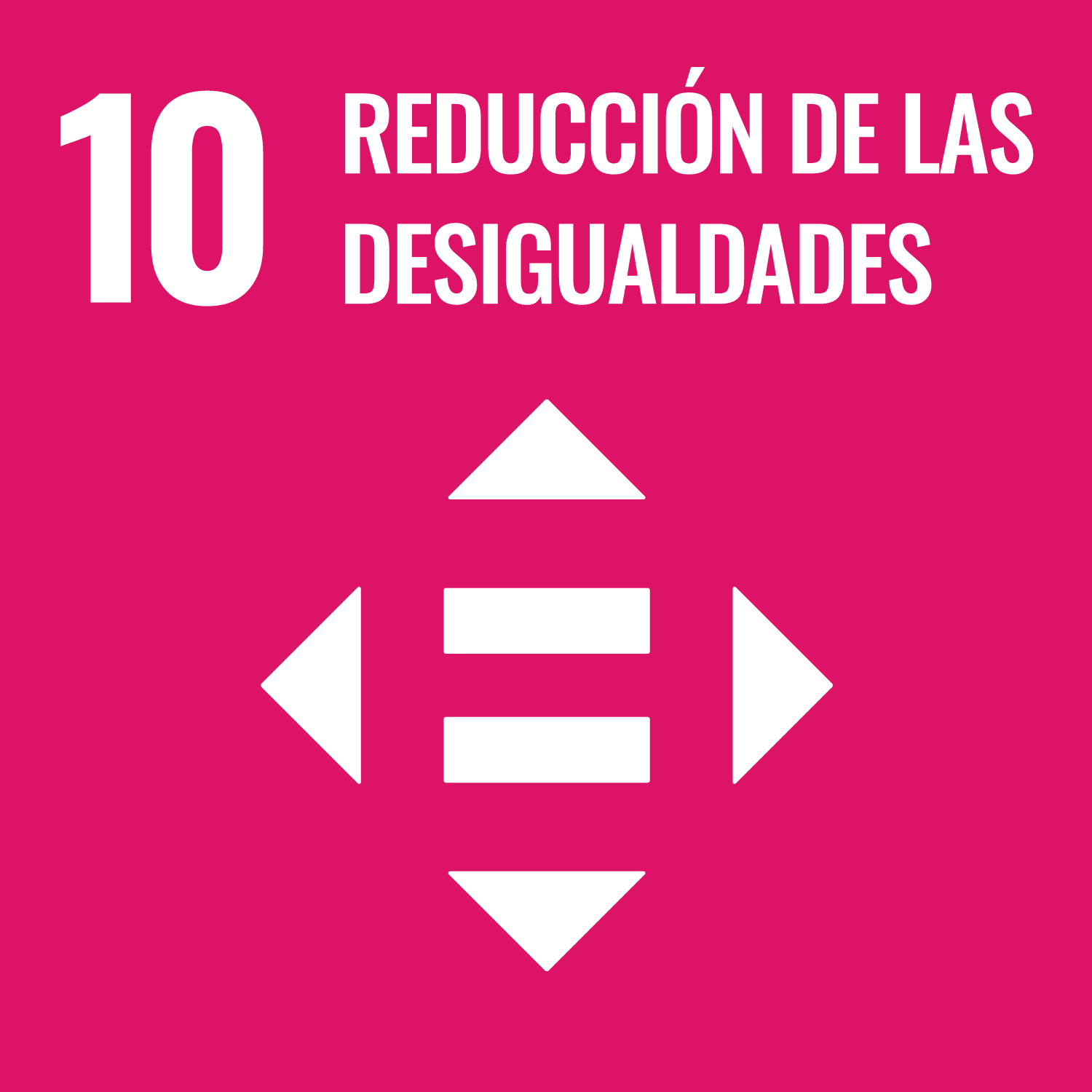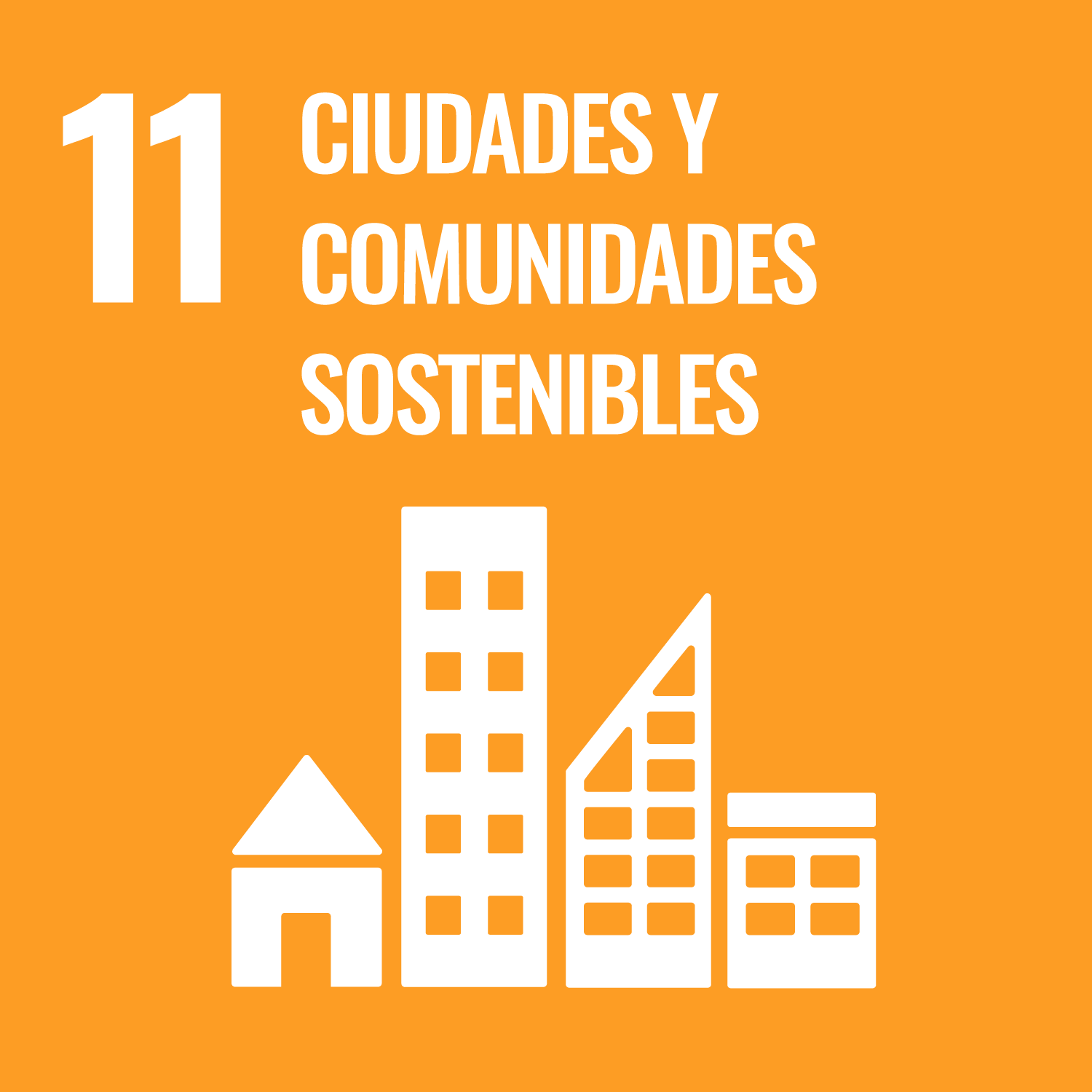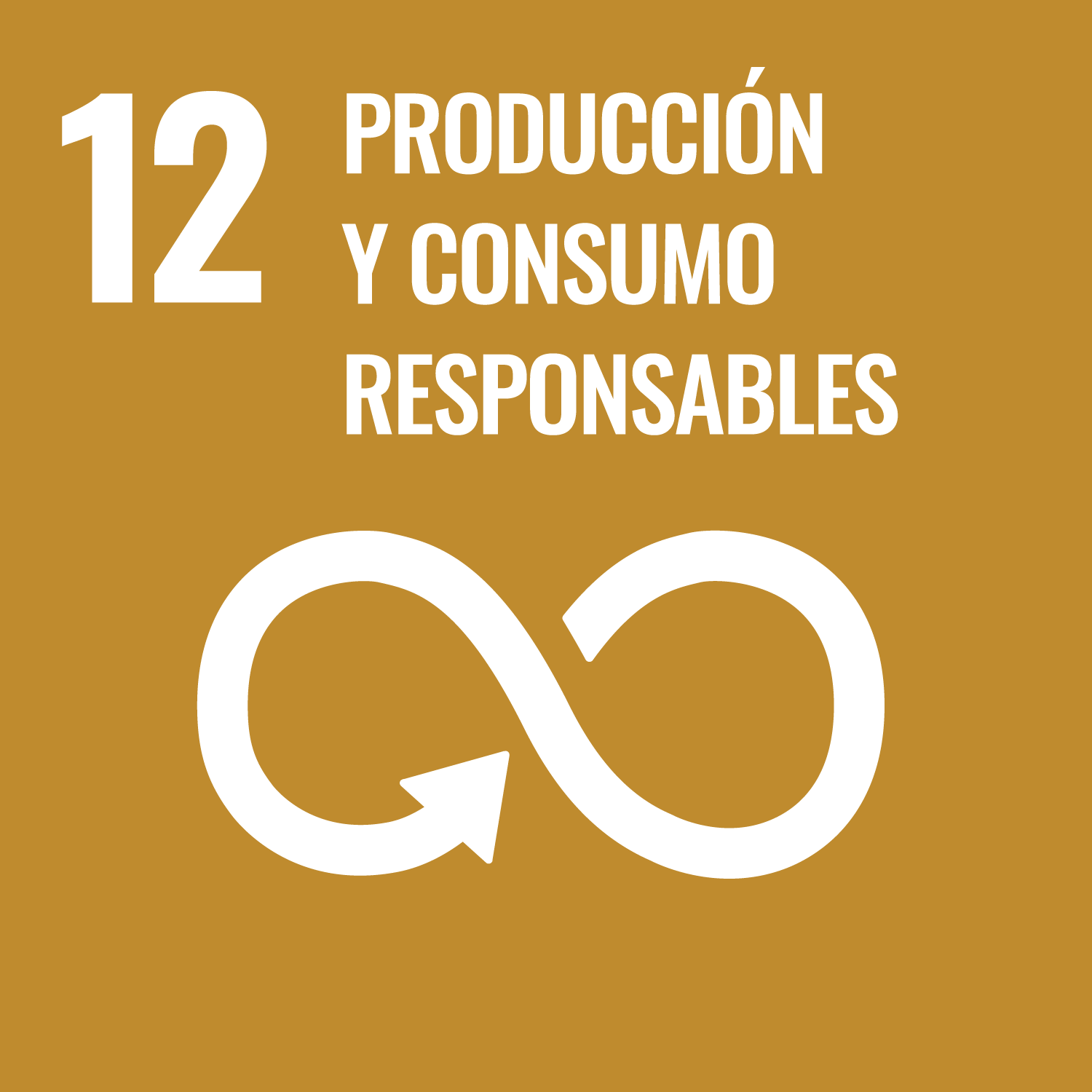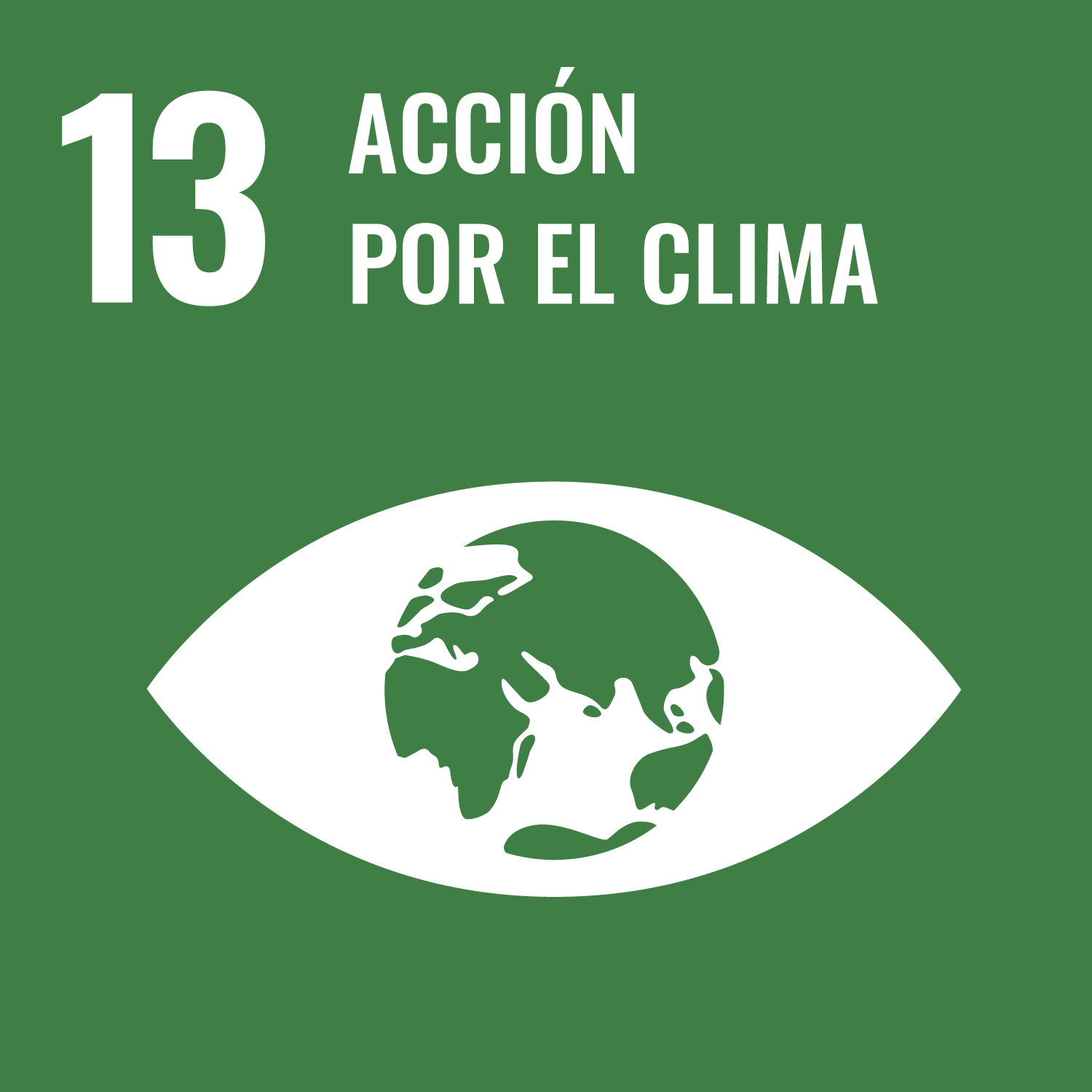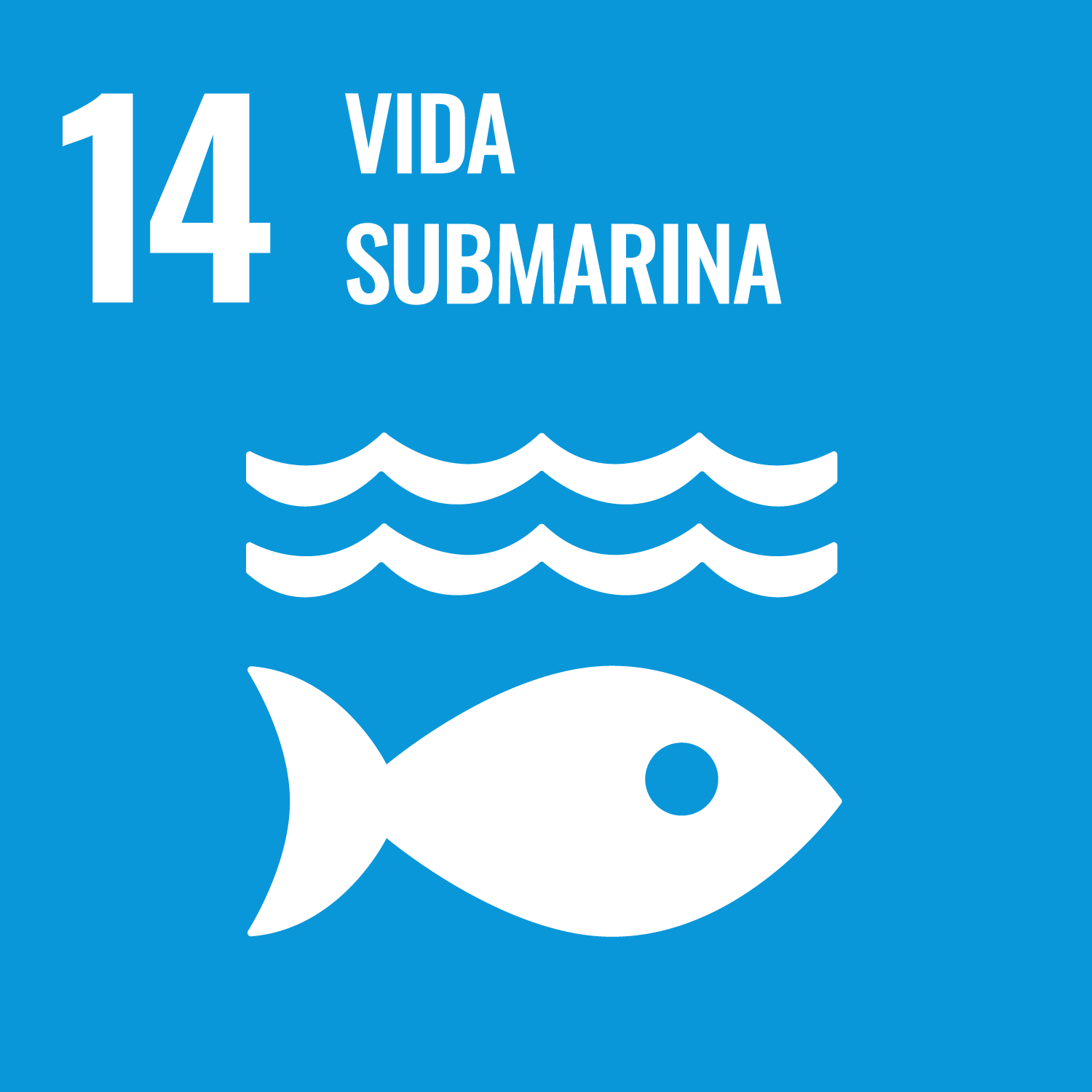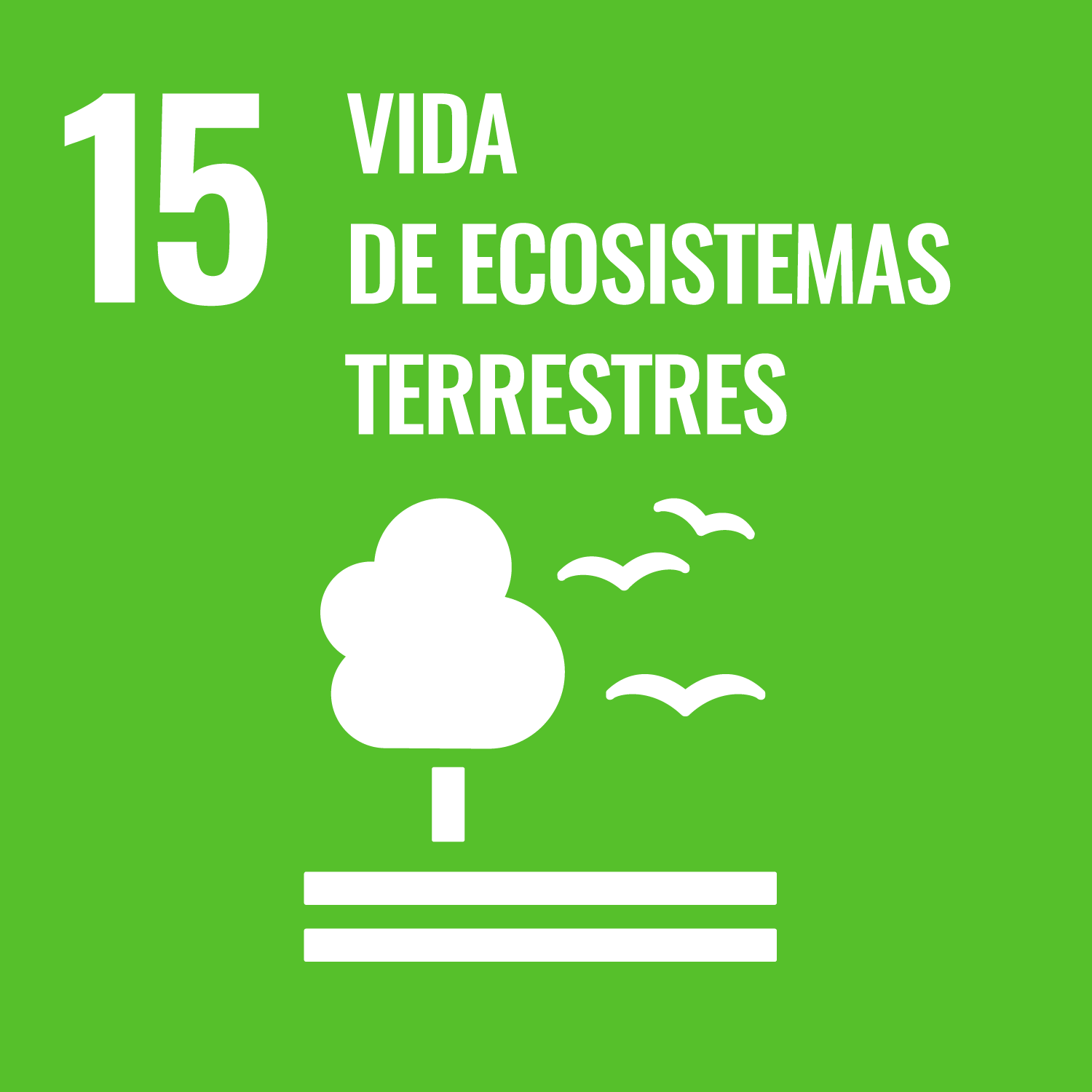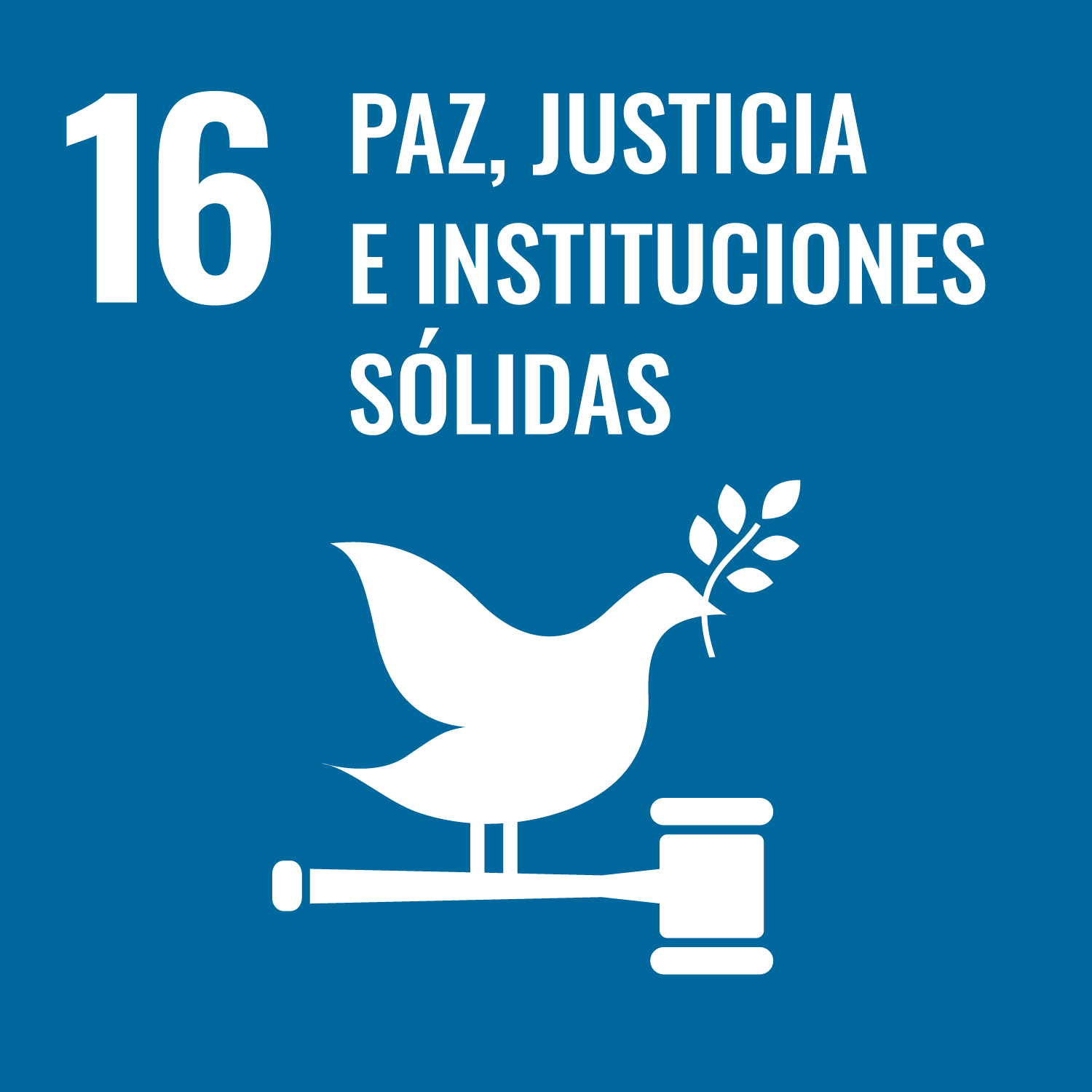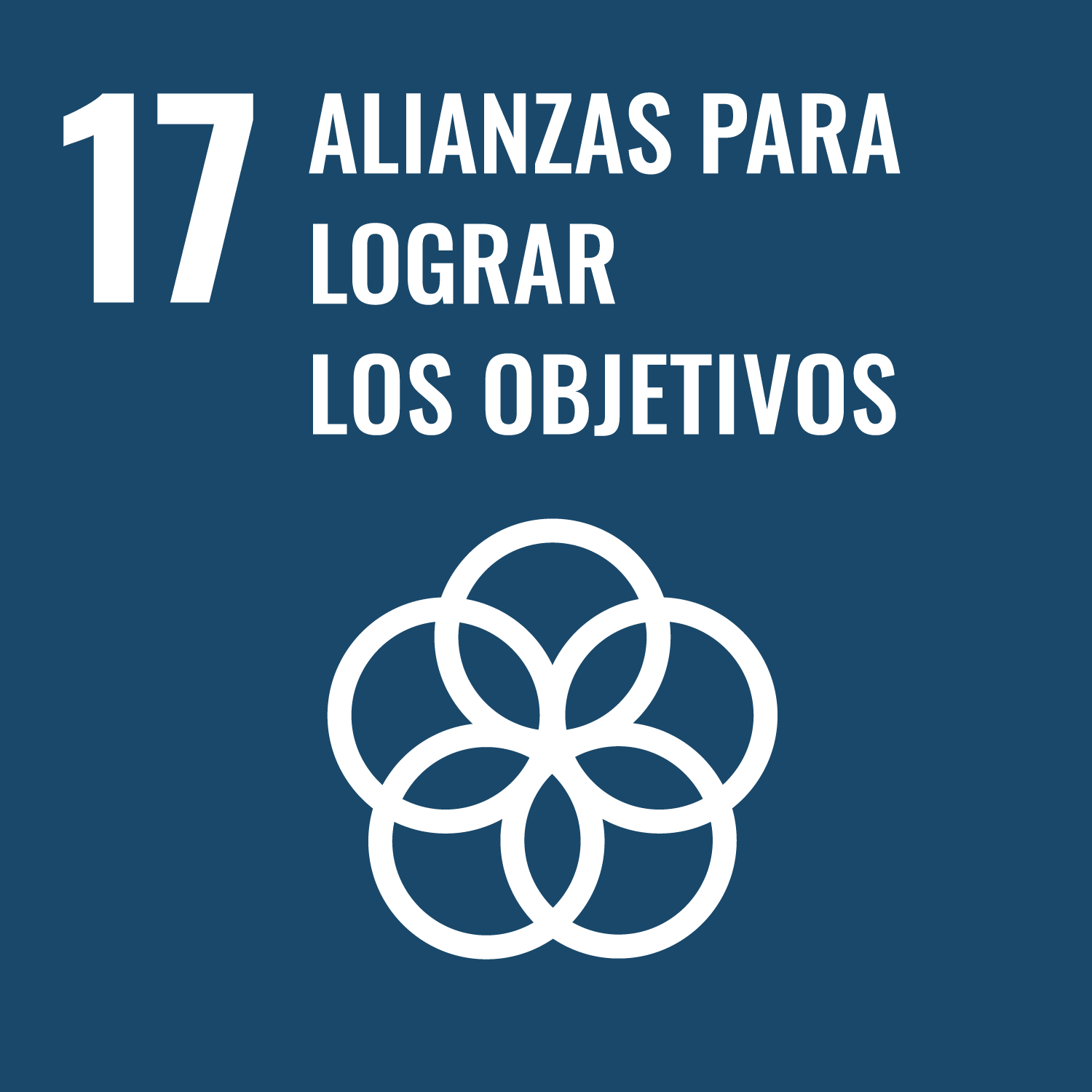For as long as Michelle can remember, her life has been a struggle. The unemployed, single mother, lives in a small house she managed to salvage, while six months pregnant, after it was almost gutted by fire. Michelle greets each day early, preparing for the needs of her 6-year-old daughter and 9-year-old son who has been diagnosed with Down Syndrome and requires constant support. She also cares for her ailing 80-year-old uncle.
Michelle is one of approximately 45,000 Saint Lucians living in monetary poverty, or whose disposable, household income is below the poverty line (Survey of Living Conditions, 2016). Located in the Eastern Caribbean, the island is vulnerable to the impacts of multiple hazards, traditionally meteorological in nature. However, the arrival of the COVID-19 pandemic has hit like a hurricane, bringing with it a flood of negative social and economic impacts. Since the country confirmed its first COVID-19 case in March, the pandemic has disrupted education, threatened food security, increased unemployment and spiked poverty rates, which are expected to double post pandemic.
I used to work in a factory but it closed and they didn’t give me anything. That was very hard for me and my family. Before the Coronavirus came, I would clean people’s houses whenever I could, but all of that is done now. Now there is no work,” says Michelle, who is currently recovering from two recent surgeries and totally dependent on government assistance.
In response to the pressures of the pandemic, the government of Saint Lucia has extended a number of social protection programmes, intended to ease the burden for the country’s most vulnerable. Michelle is a beneficiary of two such programmes, the Public Assistance Programme which has been expanded from 2,600 to 3,600 households and the Child Disability Grant which benefits approximately 312 children with disabilities and their families. The assistance from government helps, even though it is not enough to meet the needs of her family. “It is only a little but I try to manage as best as I can,” she says.
In August, Michelle stated that she received an additional sum of EC$300 through the Child Disability Grant. She believes that this assistance was a blessing, especially given the scarcity of jobs and her inability to work. “With the extra money I was able to buy food stuff like milk, biscuits, flour, rice; cleaning items and diapers for my son because he still wears diapers.”
This additional top-up was provided through the Ministry of Equity, Social Justice, Local Government and Empowerment with support from the SDG Fund Joint Programme in Social Protection in the Eastern Caribbean. Via the United Nations Children’s Fund (UNICEF), a co-leading UN agency under the Programme, transfers to all children under the Child Disability Grant and in foster care were topped up by 50% for a period of 3 months.
According to Ms. Velda Joseph, Permanent Secretary in the Ministry of Equity, Social Justice, Local Government and Empowerment, “The Government of Saint Lucia recognizes that the stipend we provide to vulnerable persons is insufficient. The pandemic has made the situation worse as persons now have to purchase additional sanitation products, masks and other such items. The decision was taken to repurpose some of the funds under the SDG Fund Joint Programme to provide additional resources to beneficiaries of our various social assistance programmes to help them cope with the additional challenges of COVID-19, and to also help them to prepare for potential hazard impact, particularly during the hurricane season.”
The SDG Fund Joint Programme in Social Protection in the Eastern Caribbean has allocated US$4.75 million to assist governments of Saint Lucia, Barbados and the Organization of Eastern Caribbean States (OECS) in strengthening their social protection systems, ensuring access to people in need during times of crisis. This initiative is part of wider reform efforts by the UN Sub-regional Team for Barbados and the Eastern Caribbean, under the leadership of the Resident Coordinator, to increase inter-agency collaboration for a more efficient joint response to the emerging needs of vulnerable persons, like Michelle. This joint programme draws on the experience of 5 UN Agencies: the United Nations Children’s Fund, the World Food Programme, the United Nations Development Programme, the International Labour Organisation and the United Nations Entity for Gender Equality and the Empowerment of Women.
According to Aloys Kamuragiye, Representative of the UNICEF Eastern Caribbean Area Office, “COVID-19's impact on children, their families and communities has the potential to be devastating. In times of such great need, expanded social protection measures can protect those particularly vulnerable to shocks and prevent deeper poverty. To date, the Joint Programme has repurposed US$162,000 to assist the government of Saint Lucia with its COVID-19 response. Through this Joint Programme as well as other interventions, UNICEF and partner UN agencies will continue to work with governments in the Eastern Caribbean to address the impact of COVID-19 and other shocks.”
Michelle is hopeful that things will improve for her family. “I tell my children that learning is important. My daughter wants to become a Doctor one day and I want to be able to help her reach her goal. I don’t want her to be like me. I don’t want her to have to struggle every day like I do.” Until then, she remains grateful for the financial assistance that ensures her family a level of security and peace of mind.


